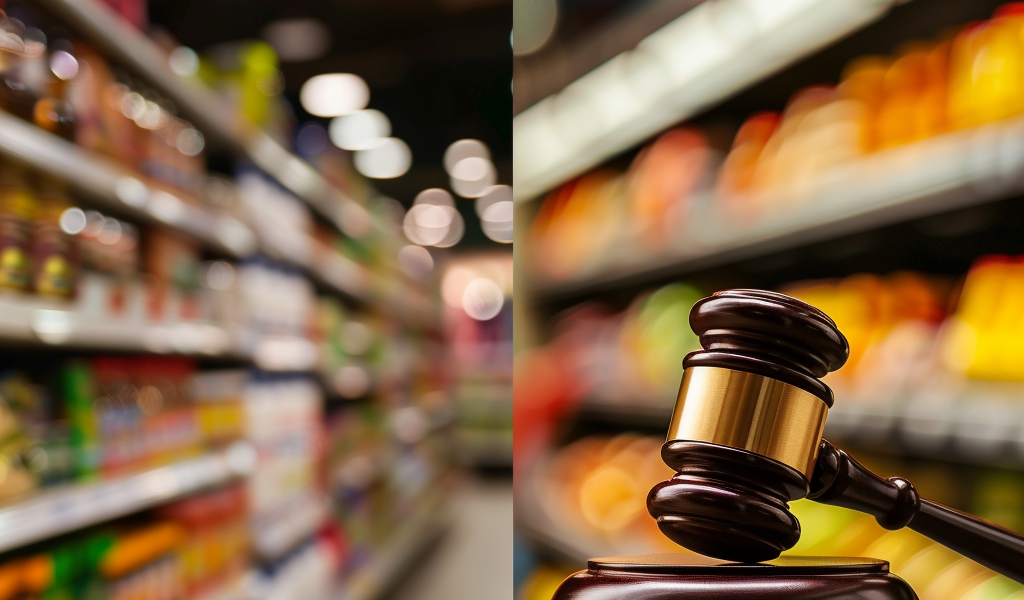Major Setback for Kroger-Albertsons Merger: Court Rulings in Washington State and Federal Court
In a significant legal development, the proposed merger between grocery giants Kroger and Albertsons has hit a major roadblock following rulings from both Washington State and federal courts. The merger, which has been under scrutiny for potential violations of consumer protection laws, faced a decisive blow when King County Superior Court Judge Marshall Ferguson ruled that the merger was in violation of Washington state consumer protection law, effectively blocking it from proceeding in the state.
This ruling comes on the heels of a preliminary injunction issued by a federal court, which aligned with the Biden administration’s efforts to challenge the merger. The federal court’s decision has been described by Kroger as a significant setback, casting doubt on the future of this highly anticipated corporate union.
Background on the Merger
The merger between Kroger and Albertsons was initially proposed as a strategic move to consolidate resources and enhance competitiveness in the grocery sector. However, the deal quickly attracted scrutiny from regulatory bodies concerned about its potential impact on market competition and consumer prices.
Washington Attorney General Bob Ferguson, who is now the governor-elect of the state, took the lead in filing a lawsuit in January aimed at blocking the merger. His efforts were bolstered by a strong public sentiment against the consolidation of such influential grocery chains, which many fear could lead to higher prices and reduced options for consumers.
Key Legal Arguments
The legal arguments against the merger center around the potential for reduced competition in the grocery market. Critics argue that the merger would create a dominant player in the industry, limiting choices for consumers and leading to higher prices. The rulings from both the state and federal courts reflect a growing concern among regulators about the implications of such large-scale mergers in the retail sector.
Judge Ferguson’s ruling emphasized the importance of maintaining competitive markets for the benefit of consumers, stating that the merger would likely lead to anti-competitive practices that violate state laws designed to protect consumers. This sentiment was echoed in the federal court’s decision, which underscored the administration’s commitment to enforcing antitrust laws and promoting fair competition.
Implications for the Future
The implications of these rulings extend beyond the immediate fate of the Kroger-Albertsons merger. They signal a broader trend towards increased scrutiny of corporate mergers and acquisitions, particularly in industries that have a direct impact on consumer welfare. As regulators take a more aggressive stance against potential monopolistic practices, companies in the retail sector may face heightened challenges when attempting to pursue similar mergers.
Looking ahead, the focus now shifts to other states where legal challenges to the merger are still pending. Notably, Colorado’s Attorney General Phil Weiser has also filed a lawsuit against the merger, and a decision in that case is still awaited. The outcomes of these legal battles could further influence the landscape of the grocery industry and shape the future of corporate mergers in the sector.
Conclusion
As the legal battles continue, the future of the Kroger-Albertsons merger remains uncertain. With significant rulings from both state and federal courts, the path forward for this merger is fraught with challenges. The ongoing legal scrutiny reflects a growing commitment to protecting consumer interests and ensuring competitive markets in the retail sector.





